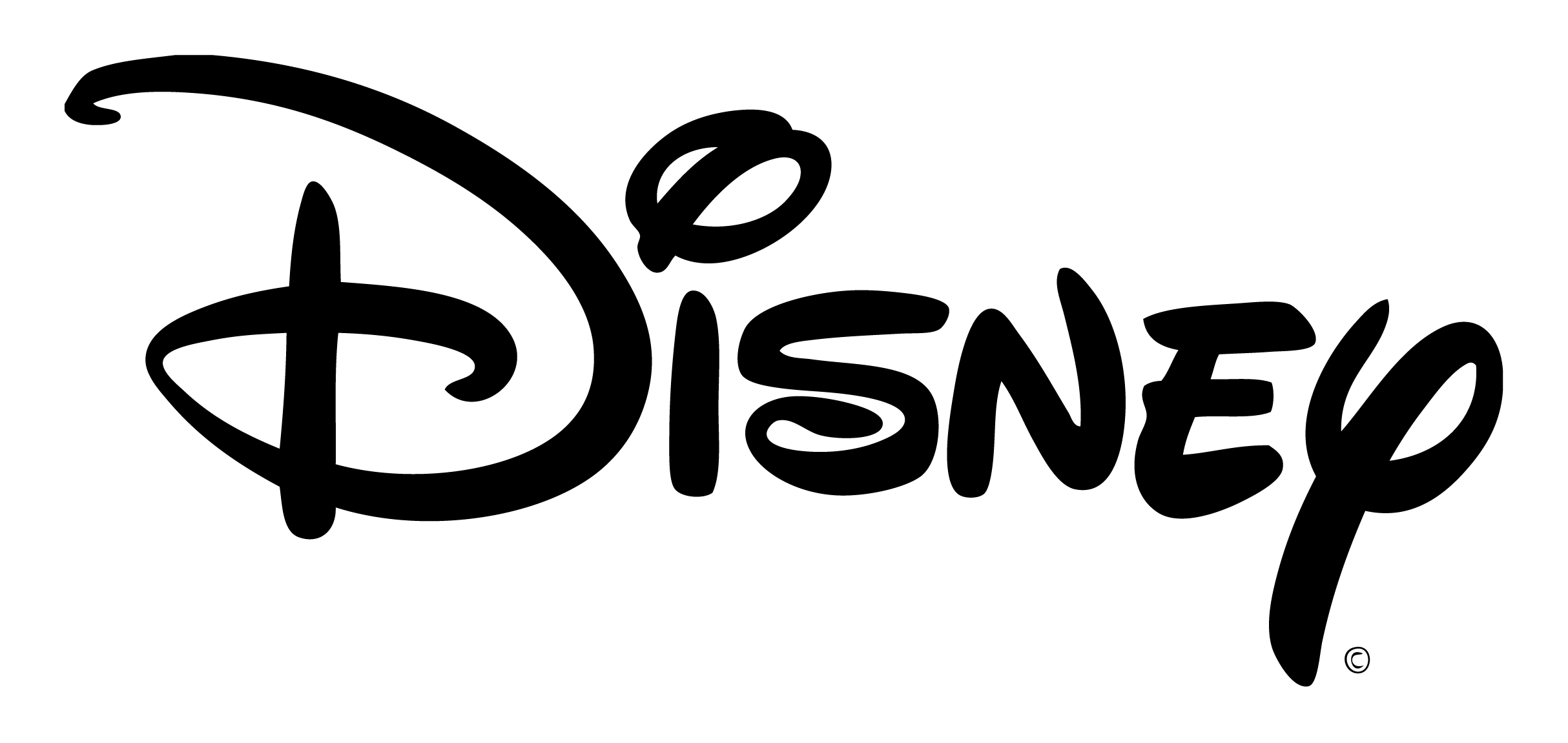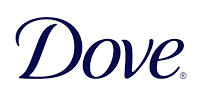Is the focus group dead?
In this age of 5G, electric cars, and omnichannel commerce, it can be tempting to disregard “old school” ways of doing things in favor of new technology. After all, tools that have been around for decades are outdated, virtually useless, and surely in need of replacement — right?
Not always. Consider “antiquated” tools that have stood the test of time: the hammer, the cup, the shovel, and the focus group.
However, some modern researchers have argued in favor of abandoning consumer research and instead relying solely on intuition in the quest for innovation, claiming that consumers don’t know what they want. Do focus groups make sense for today’s (or tomorrow’s) research?
What about the claim that “the focus group is dead?”
Focus groups are a tried and true way of conducting research, but they’re far from just a useful tool of the past. Focus groups are responsible for delivering some of the most powerful ideas to some of the most trailblazing companies of the 21st century.
To say that the focus group is dead means completely ignoring what has been working – and still works – in the marketplace today.
ESOMAR estimated that $2.2 billion was spent on focus groups globally in 2017, with $809 million spent in the US alone.[1] Are all these users mistaken or deluded? We think not. In fact, when peeling away the layers of the most competitive categories out there, we regularly find these so-called outdated research tools being used to innovate, evolve, and design.
Globally recognized brands
 “Disney does it right.” You hear that a lot, especially when it comes to merchandising. But have you heard that Disney utilized focus groups as a bedrock research approach for their $55 billion global merchandising business?[2]
“Disney does it right.” You hear that a lot, especially when it comes to merchandising. But have you heard that Disney utilized focus groups as a bedrock research approach for their $55 billion global merchandising business?[2]
Highly-competitive CPG
 You remember that Dove “Real Beauty” campaign? You know, the marketing effort that focused on how all women – regardless of age, ethnicity, size, etc. – are beautiful? The one that grew brand sales from $2.5 billion to $4 billion? Yeah, that one. How’d they come up with that? What kind of research was used? Focus groups.
You remember that Dove “Real Beauty” campaign? You know, the marketing effort that focused on how all women – regardless of age, ethnicity, size, etc. – are beautiful? The one that grew brand sales from $2.5 billion to $4 billion? Yeah, that one. How’d they come up with that? What kind of research was used? Focus groups.
Traditional apparel
![]() “You’ll like the way you look.” Sure, men want a decent quality suit at an affordable price. But the underlying emotional driver is that men desperately want to look good at pivotal moments in their lives (job interviews, weddings, funerals, high school reunions). In short, they want a suit that improves their self-esteem. This insight drove Men’s Warehouse to identify the opportunity for industry-changing positioning. Curious about what research methodology they used to get there? You guessed it – focus groups.
“You’ll like the way you look.” Sure, men want a decent quality suit at an affordable price. But the underlying emotional driver is that men desperately want to look good at pivotal moments in their lives (job interviews, weddings, funerals, high school reunions). In short, they want a suit that improves their self-esteem. This insight drove Men’s Warehouse to identify the opportunity for industry-changing positioning. Curious about what research methodology they used to get there? You guessed it – focus groups.
Airline industry
![]() As one of the most innovative carriers out there, competing in a constantly-shrinking-margins industry, Southwest Airlines is responsible for most of the significant operational advances in air travel over the past 30 years. You might be surprised to learn that they use internal focus groups with their employees to come up with useful innovations, like designing winglets that reduce fuel consumption by as much as 5%, cutting fuel costs by millions, and eliminating hundreds of thousands of metric tons of emissions from the air we breathe.[3]
As one of the most innovative carriers out there, competing in a constantly-shrinking-margins industry, Southwest Airlines is responsible for most of the significant operational advances in air travel over the past 30 years. You might be surprised to learn that they use internal focus groups with their employees to come up with useful innovations, like designing winglets that reduce fuel consumption by as much as 5%, cutting fuel costs by millions, and eliminating hundreds of thousands of metric tons of emissions from the air we breathe.[3]
Technology
 With 330 million users, Twitter is one of the most popular social media platforms in history, born from an idea that came out of focus groups that were conducted among dissatisfied Facebook users.
With 330 million users, Twitter is one of the most popular social media platforms in history, born from an idea that came out of focus groups that were conducted among dissatisfied Facebook users.
Not only did the idea for Twitter emerge from traditional research, but as recently as 2016 the brand launched the Insider’s Program[4] — basically, focus group access to a wide array of Twitter users. Even Apple (often mistakenly believed to be a company that relies almost exclusively on intuition) has been using its Pulse program for over a decade, leveraging traditional forms of consumer research (surveys, in-depth interviews, and focus groups) to get a handle on product development and innovation.
Nike, American Express, and the list goes on.
There are many competitive companies that not only employ focus groups but have used them effectively to uncover insights and drive marketing efforts that have resulted in millions (if not billions) of dollars in incremental revenue.
Stop blaming the tool
It’s clear to see that focus groups still hold value for many of the world’s most successful companies. The voice of the consumer holds a wealth of information for those who are still willing to listen.
The simple fact is great innovators — from Henry Ford to Steve Jobs to Jeff Bezos — haven’t shunned research and “what the consumer thinks.” On the contrary, their success was driven by a steadfast obsession with the consumer.
Huge insights and ideas can emerge when true technicians use proven research tools to listen to, empathize with, and understand what people truly want and need. Expecting the tool to do the work is not just short-sighted — it defies what’s worked for years. Most of us would never allow our children to blame a pencil for getting a poor grade on a test. We’d never allow our auto mechanic to blame a wrench for screwing up a brake job. Maybe the question isn’t, “Are focus groups the right tool?” The more telling question is, “Am I working with the right people?”
Focus groups are very much alive
Even in this recent pandemic year, the demand for online/digital focus groups hasn’t waned but instead has skyrocketed. Prior to 2020, Bellomy was already executing about 40%-50% of our qualitative engagements online. When the rest of the country locked down and research opportunities seemed to dry up, Bellomy seamlessly shifted all our clients’ work into the digital space. The world around us may have radically changed, but thanks to the proper and enthusiastic use of focus groups, our clients were able to stay informed, agile, and competitive.
Bellomy is an AMA Top 50 firm with decades of experience gathering meaningful and actionable insights through in-person and virtual focus groups, online surveys, phone surveys, research panels and communities, and more.
schedule a chat with our qualitative research team
[1] Ong, Josh. “Apple Initiating ‘Customer Pulse’ Market Research Focus Group.” AppleInsider, AppleInsider, 5 May 2011, appleinsider.com/articles/11/05/05/apple_initiates_customer_pulse_market_research_focus_group.
[2] “How Focus Groups Impacted These 5 Major Companies.” https://www.surveypolice.com/blog/how-focus-groups-impacted-these-5-major-companies/
[3] “How Focus Groups Impacted These 5 Major Companies.” https://www.surveypolice.com/blog/how-focus-groups-impacted-these-5-major-companies/
[4] “Twitter rolls out Insiders online focus group for marketers.” https://www.marketingdive.com/news/twitter-rolls-out-insiders-online-focus-group-for-marketers/420630/
- focus groups